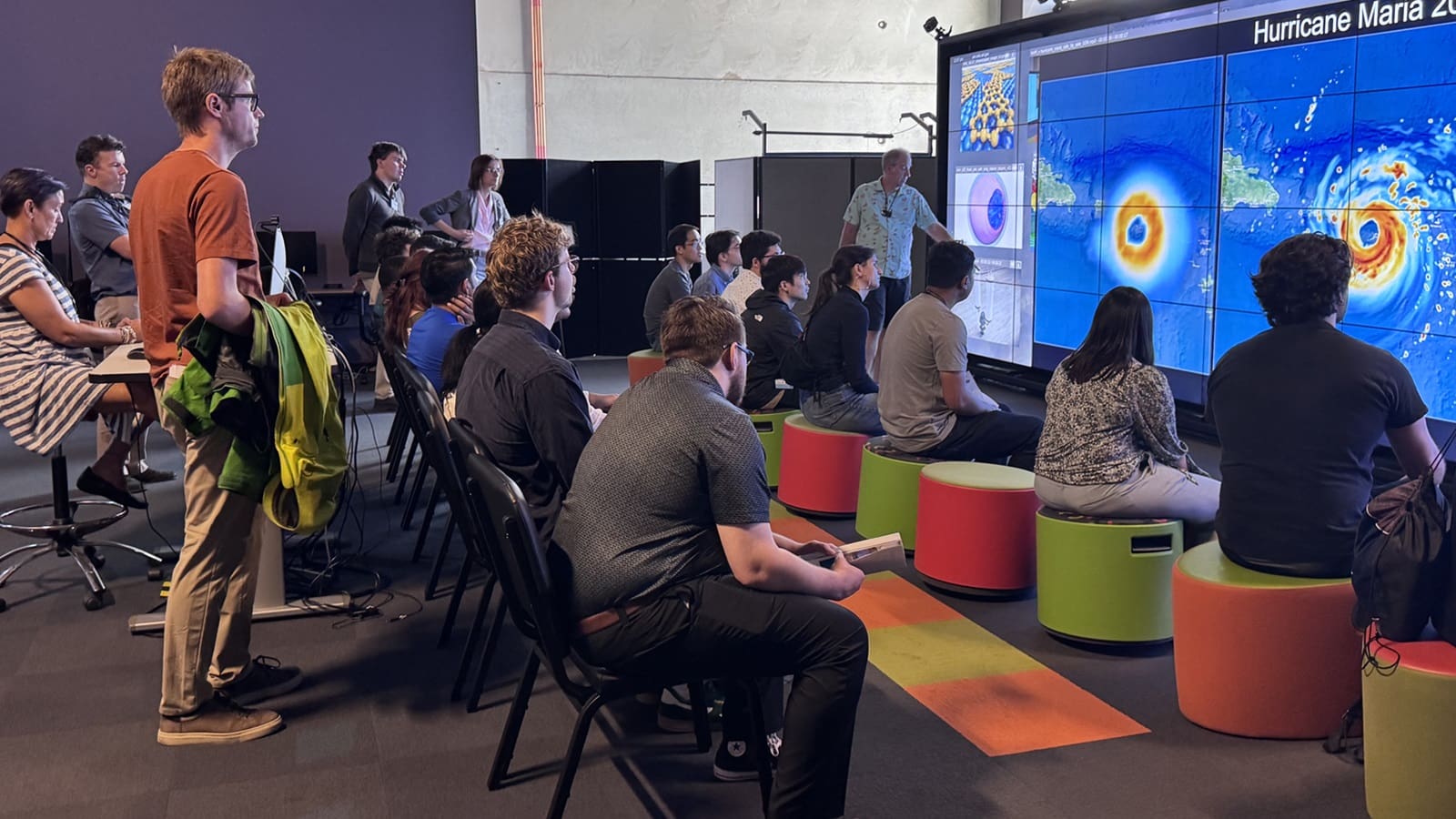A hands-on training program in extreme-scale computing, offering intensive instruction on current and next-generation supercomputers, has been successfully delivered at the Argonne National Laboratory in St. Charles, Illinois. The two-week program, held in late July and early August, provided 74 attendees – including doctoral students, postdoctoral researchers, and industry professionals – with practical skills in hardware, software, frameworks, artificial intelligence, and data-intensive computing. Since its launch in 2013, the Argonne Training Program on Extreme-Scale Computing has supported over 900 participants, fostering a future workforce equipped to utilise the world’s most powerful supercomputers and advance computational science and engineering. This year’s program featured lectures and demonstrations from dozens of experts, along with tours of Argonne’s facilities, providing a comprehensive and immersive learning experience.
The Intensive Training Landscape of Extreme-Scale Computing
Established in 2013, the annual two-week program, held in late July and early August 2025 in St. Charles, Illinois, provides intensive, hands-on training on the skills, approaches, and tools necessary to utilise current and next-generation supercomputers. As of this year, over 900 attendees have participated in the program, demonstrating its sustained importance within the high-performance computing (HPC) community. The program’s curriculum is deliberately broad, encompassing not only hardware and software fundamentals but also advanced topics such as artificial intelligence, machine learning, and data-intensive computing.
This year’s cohort of 74 attendees comprised a diverse group, primarily doctoral students, postdoctoral researchers, and early-career professionals, with representation from both academia and industry. Raymond Loy, director and lead for training, debuggers, and math libraries at the Argonne Leadership Computing Facility (ALCF), emphasized the program’s adaptive nature, stating its purpose is to “fill in the knowledge gaps of the attendees.” Loy also noted a discernible trend: applicants are increasingly well-qualified earlier in their careers compared to the program’s initial years, suggesting a growing awareness and demand for HPC skills. The program’s structure is designed to cater to varying levels of expertise, with each day focusing on different material and attracting a subset of attendees with specific interests and backgrounds.
The program’s emphasis on practical application is a key differentiator. Lev Gorenstein, solutions architect at Globus, described the program as “as hands-on as it gets,” praising the well-organised execution and the stimulating intellectual environment. Attendees like Rui Fang, a graduate teaching assistant at the University of Pittsburgh, specifically valued the opportunity to “do things instead of just listening to speakers.” The program also facilitates networking and collaboration, with attendees like Fang benefiting from connections that could prove valuable to their research. Furthermore, the program extends beyond theoretical instruction, incorporating tours of Argonne’s facilities and hands-on demonstrations led by experts in the field. Sagnik Singha, a research associate at Texas Tech University’s High-Performance Computing Center, highlighted the value of learning from experienced researchers who could share insights into overcoming challenges and pushing the boundaries of HPC.
The Argonne Leadership Computing Facility (ALCF), a U.S. Department of Energy (DOE) Office of Science user facility, plays a central role in delivering this training. The ALCF, alongside the Oak Ridge Leadership Computing Facility, is one of two Leadership Computing Facilities in the nation dedicated to open science. John Holmen, an engineer at Oak Ridge National Laboratory’s Oak Ridge Leadership Computing Facility, who himself attended the program in 2015, returned as a presenter, underscoring the program’s lasting impact and its ability to inspire continued engagement within the HPC community. The program is supported by the DOE’s Office of Science, Advanced Scientific Computing Research program, demonstrating a national commitment to fostering expertise in this critical field.
